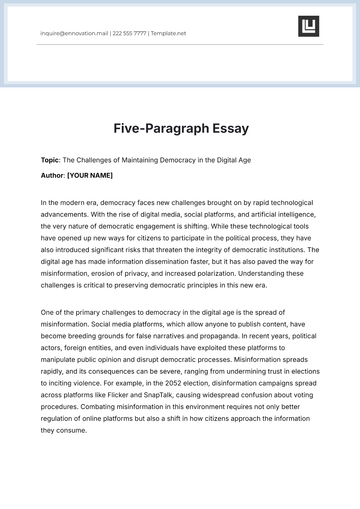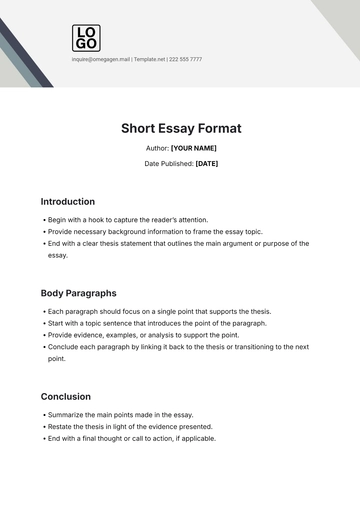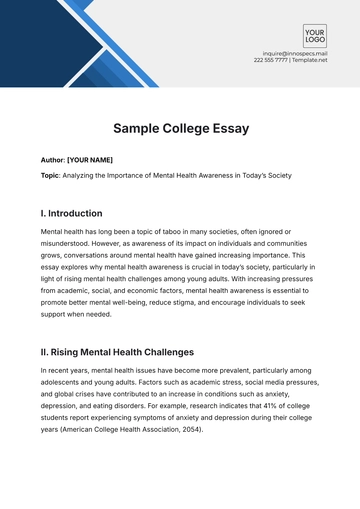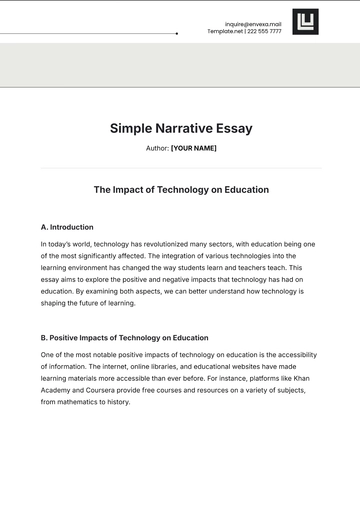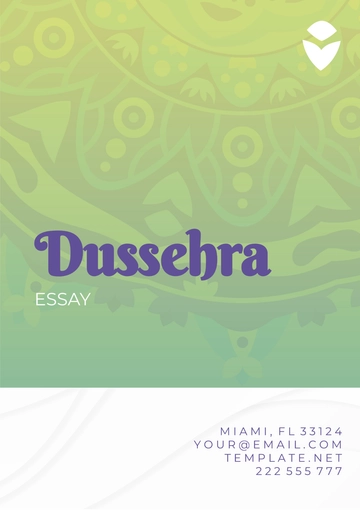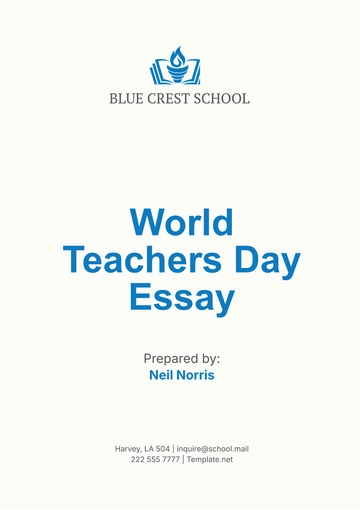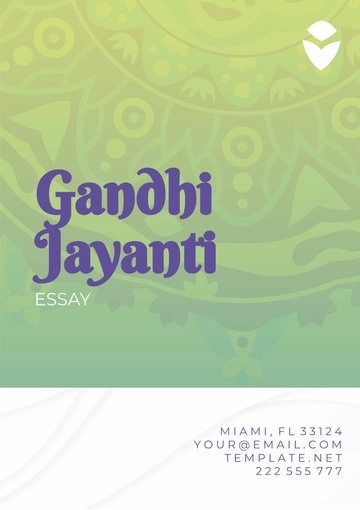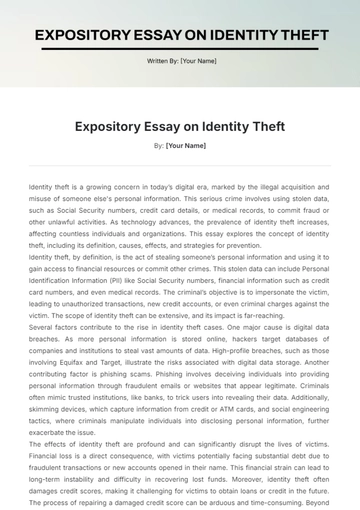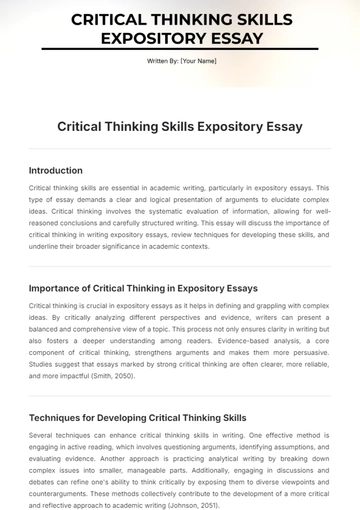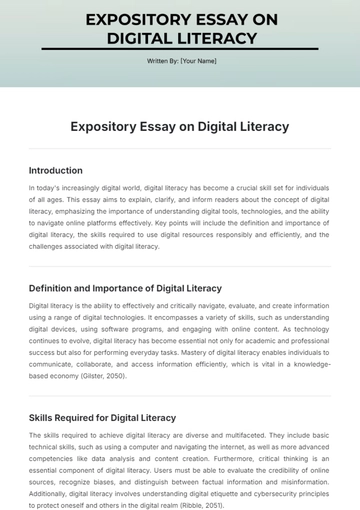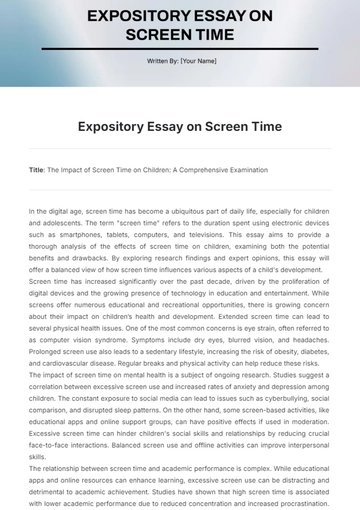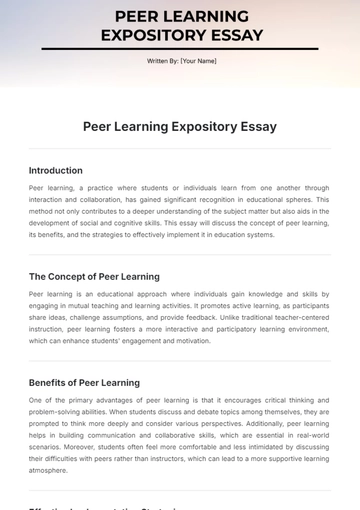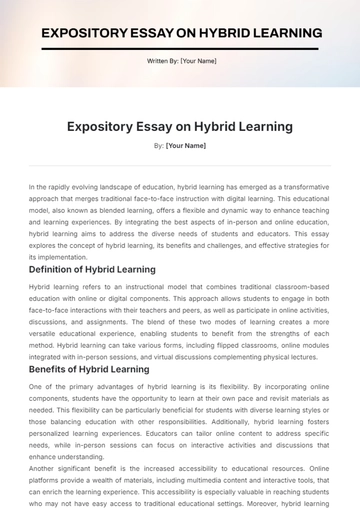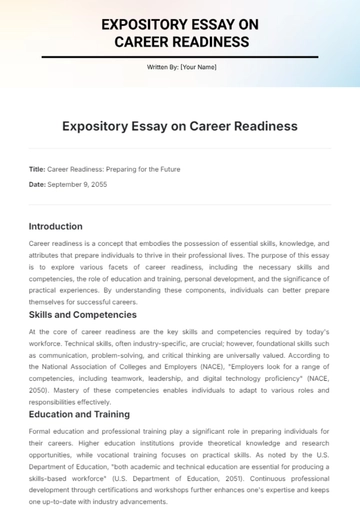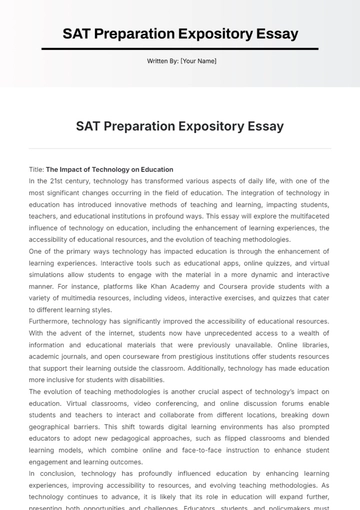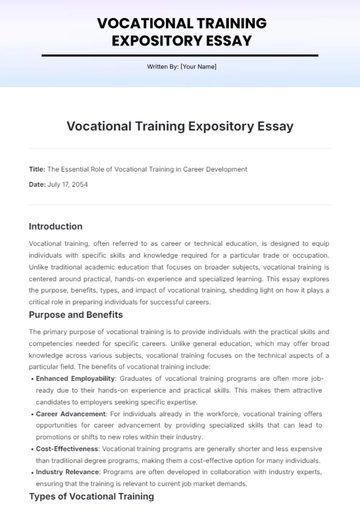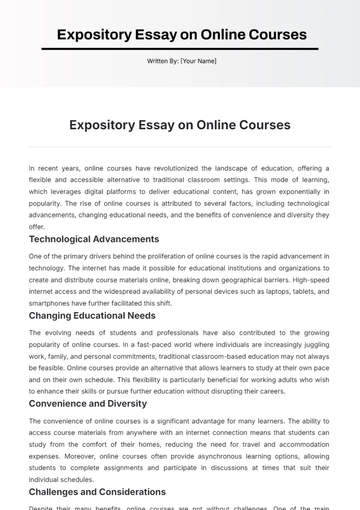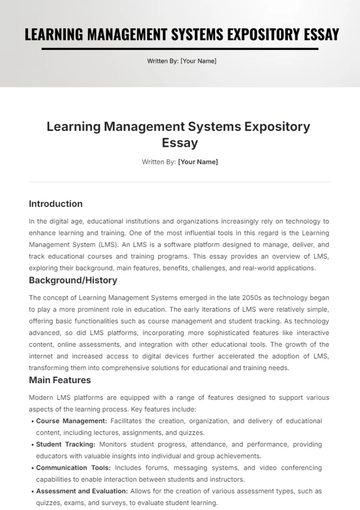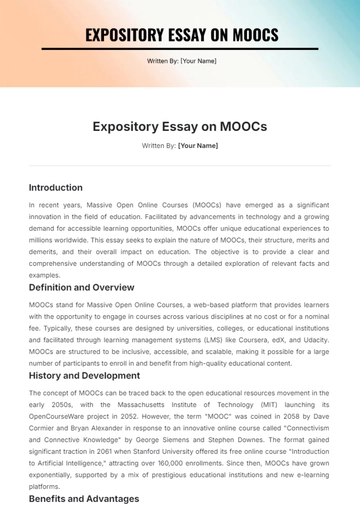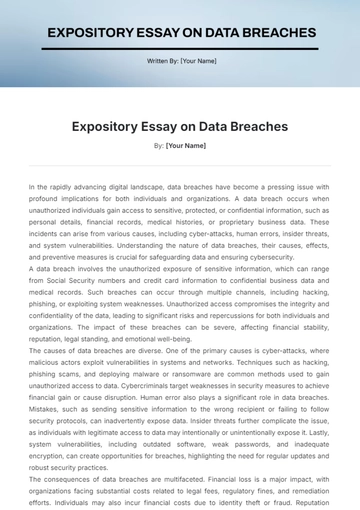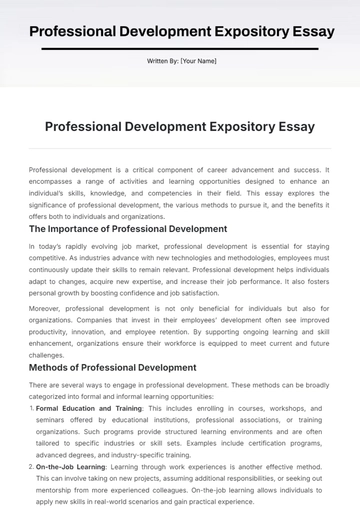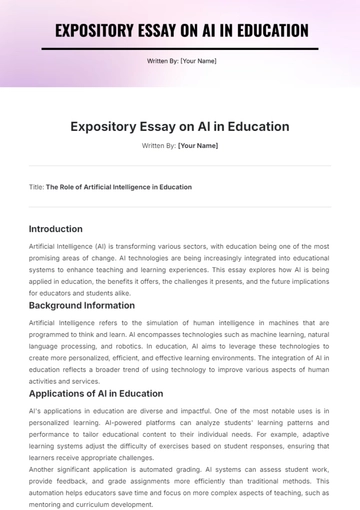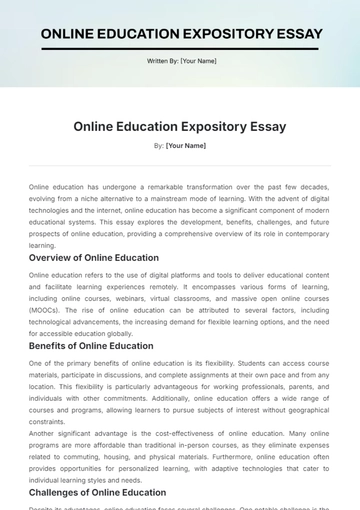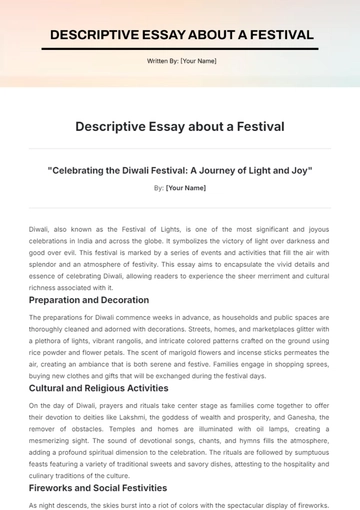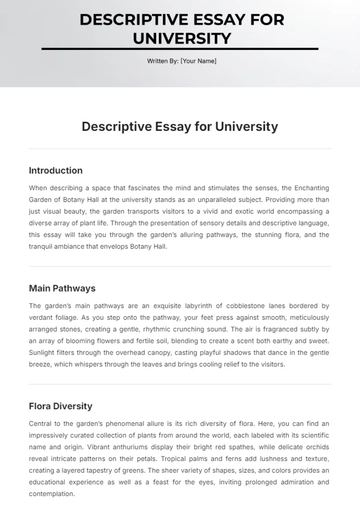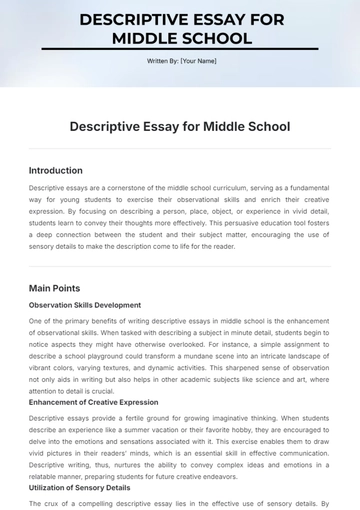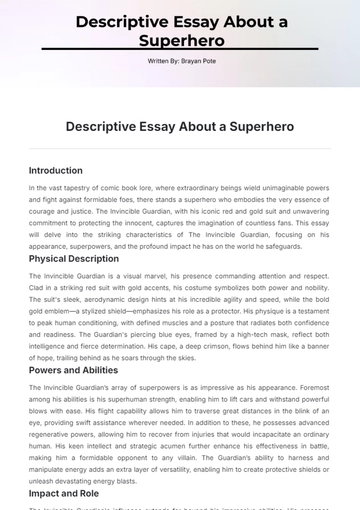Free Dussehra Essay
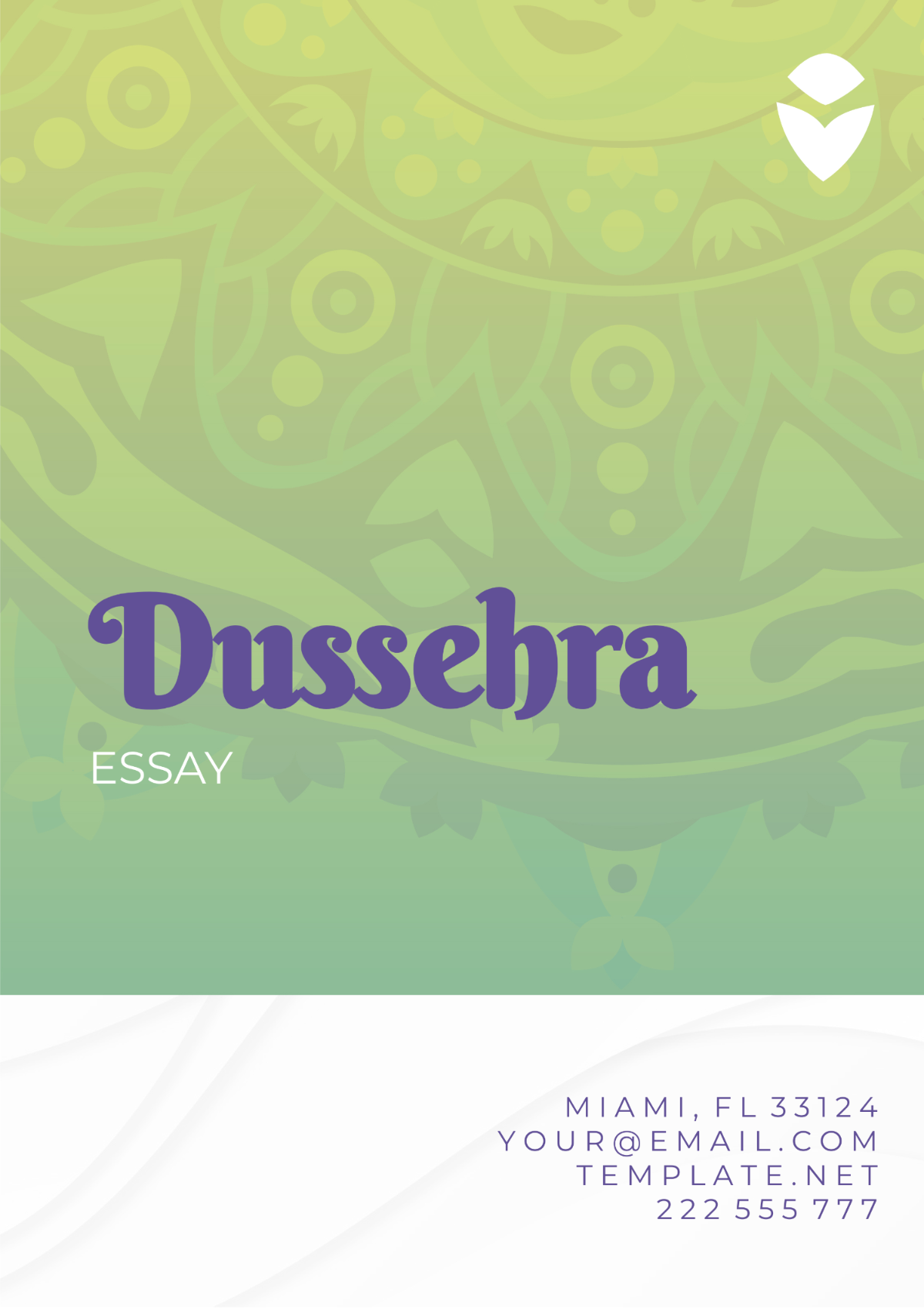
Dussehra, also known as Vijayadashami, is a significant Hindu festival that celebrates the victory of good over evil. Traditionally, it commemorates Lord Rama’s triumph over the demon king Ravana, as narrated in the Ramayana. The festival marks the culmination of Navratri, a nine-day celebration, and has deep roots in Indian culture, symbolizing righteousness prevailing over injustice. However, in today’s rapidly evolving world, Dussehra’s relevance has expanded beyond its religious and mythological origins, becoming a festival that reflects the values of unity, resilience, and moral victory in the modern context.
In today’s multicultural and diverse society, Dussehra is more than just a religious celebration. It serves as a reminder of the importance of ethical choices and justice in a world increasingly fraught with challenges such as corruption, inequality, and social unrest. The story of Lord Rama’s battle against Ravana emphasizes the necessity of upholding principles of truth, honor, and responsibility, values that resonate with people today. In many urban areas, Dussehra celebrations have adapted to focus on these universal messages, offering a platform for discussing social and moral issues relevant to contemporary life.
Modern Dussehra celebrations have also embraced technology and new forms of engagement, reflecting the changing face of tradition. The use of digital media and social networks has transformed how the festival is celebrated, making it accessible to a global audience. In many cities, effigies of Ravana, once a hallmark of local festivals, are now livestreamed online for millions to view. Additionally, eco-conscious initiatives are influencing how the effigies are created and burned, with an emphasis on sustainability and environmental responsibility.
The festival’s themes of renewal and the cyclical nature of good triumphing over evil also resonate in the context of personal growth and self-improvement. In a world where mental health and emotional well-being are gaining greater importance, Dussehra’s symbolic destruction of Ravana can be interpreted as the victory over one's inner demons. People are using the festival as an opportunity to reflect on their lives, resolve personal conflicts, and overcome negative tendencies.
Moreover, Dussehra plays a unifying role in India’s diverse cultural landscape. Celebrated with distinct customs across various regions, the festival bridges the country’s social, linguistic, and regional divides. In cities, the festival often brings people from different communities together, fostering a sense of collective celebration and cultural harmony. This aspect of Dussehra as a force for unity is especially relevant today, as the world faces increasing polarization. It reminds us of the importance of solidarity, tolerance, and understanding in modern society.
In conclusion, while Dussehra continues to be a celebration of Lord Rama’s victory over Ravana, its significance in the modern world extends far beyond religious devotion. It serves as a reminder of the enduring power of truth and justice, a celebration of unity amidst diversity, and a symbol of hope for personal and societal transformation. As the world continues to change, Dussehra remains a festival that not only honors ancient traditions but also adapts to and reflects the values of the present day.
- 100% Customizable, free editor
- Access 1 Million+ Templates, photo’s & graphics
- Download or share as a template
- Click and replace photos, graphics, text, backgrounds
- Resize, crop, AI write & more
- Access advanced editor
The Dussehra Essay Template from Template.net is fully editable and customizable, perfect for crafting informative essays on the festival. Editable in our AI Editor tool, you can easily adjust text, formatting, and structure to fit your writing style. This template helps you present your ideas clearly and engagingly, making it a great resource for students and educators alike.

